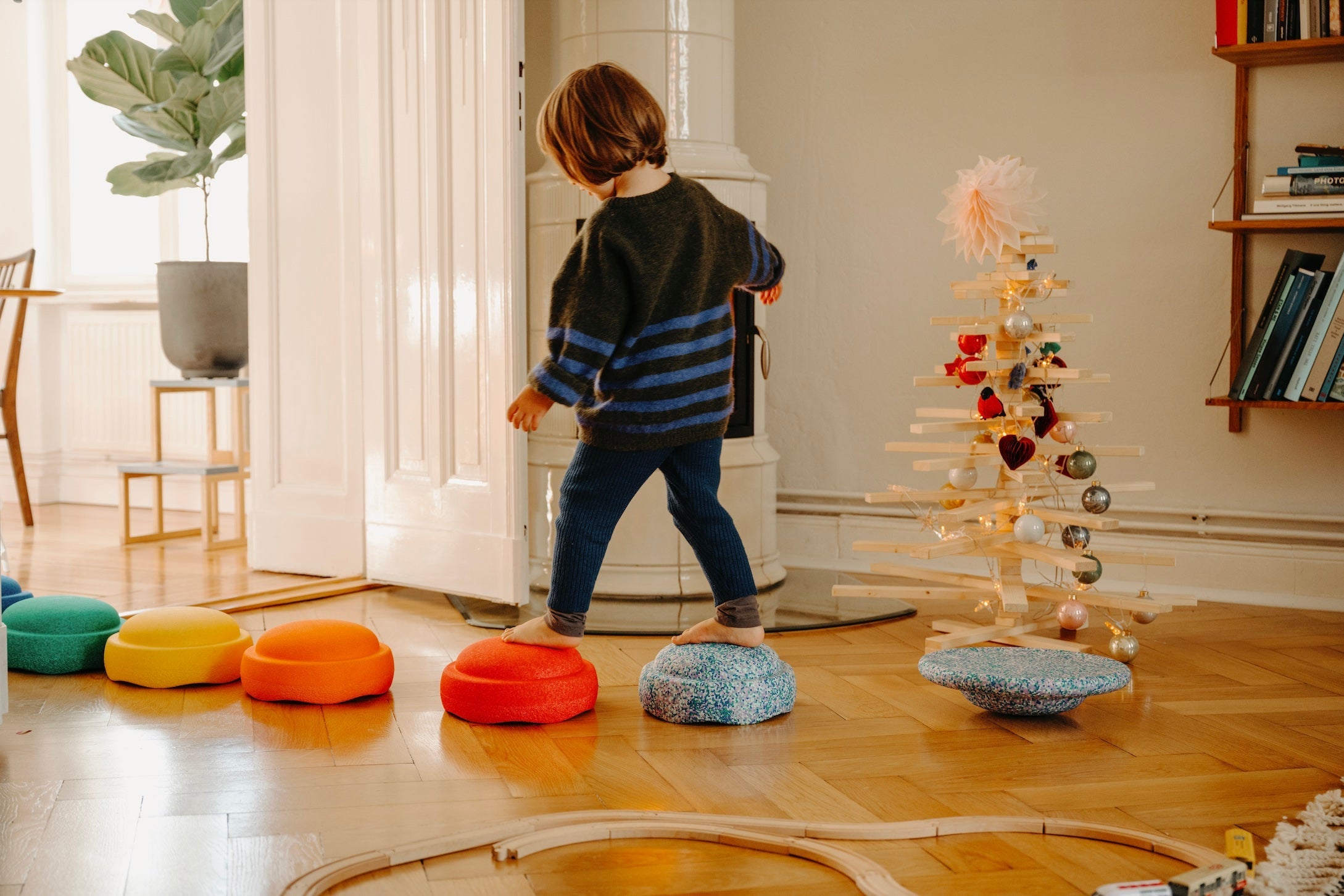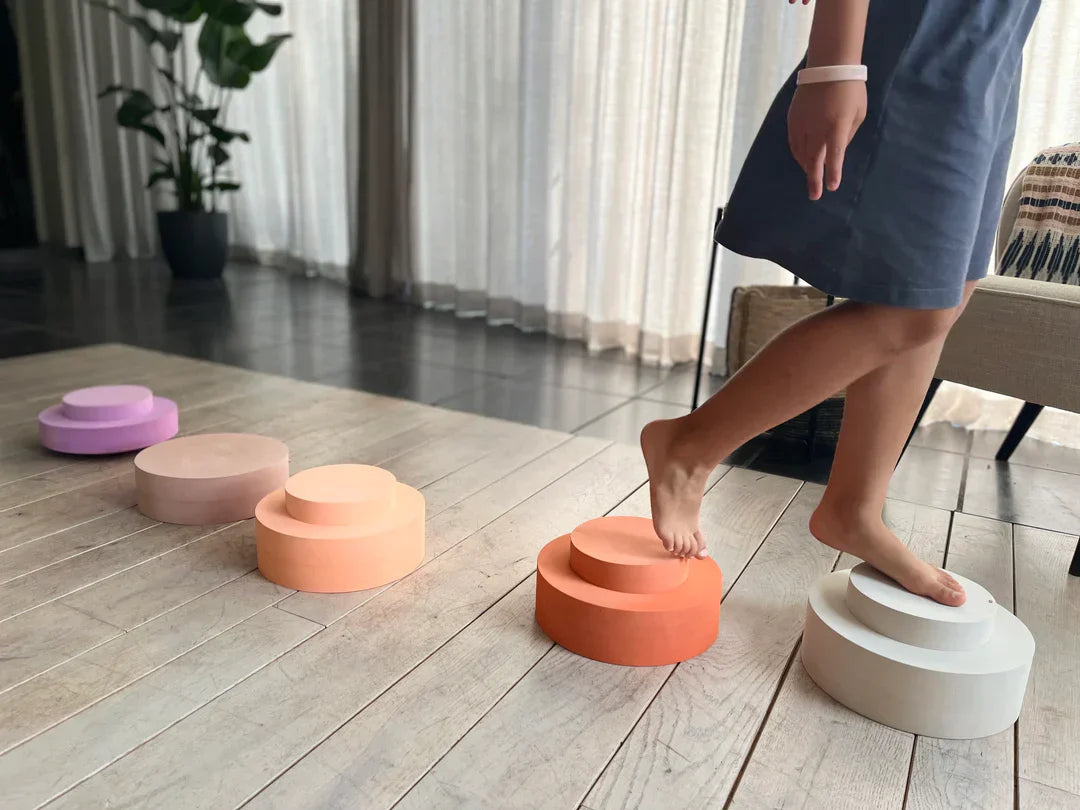Nicky Jansen
What to do with an overstimulated toddler?

If you look for the underlying message of this 'discharge', you often end up with a previous situation in which many new stimuli have been absorbed and not yet (fully) processed (e.g. during a school trip, a busy family party, a night at a friend's house, etc.).
Normally, your brain processes these stimuli without you even noticing. It selects the important information and filters out the less important ones. When overstimulated, stimuli aren't processed properly at that moment. Emotions are expressed. This often happens in a familiar environment with people your child feels comfortable with, so give yourself a pat on the back😅. This happens more often with young children because they are still in the midst of their (emotional) development and still need to learn to regulate their emotions. This takes time. Show understanding and guide your child through this phase.
What is overstimulation?
Both children and adults experience stimuli. Stimuli are bits of information received through our senses. We can see, hear, feel, smell, and taste stimuli. We call these external stimuli. Pain, thoughts, feelings, and emotions are internal stimuli. Your brain processes these stimuli without you even realizing it. It selects the important information and filters out the unimportant. When overstimulated, stimuli are not processed properly, and you can clearly see this in a toddler's behavior.
Tips to calm an overstimulated child:
-
Create a quiet place together with your child. This could be a play nest or a high chair. A mosquito net hung from a pole allows your child to completely shut themselves off. Also, tell your child that whenever they feel they're struggling, they can always go to this spot. Place toys there that your child enjoys playing with alone, such as wooden blocks or other open-ended toys.
-
Offer sensory toys like push toys, silicone shapes like Dëna, balls of different shapes, etc. These toys train fine motor skills and allow children to feel different textures, shifting their focus and often calming them down.
-
Put on headphones. Your child can completely shut out all the stimuli for a while.
-
Play a monotonous sound like white noise, yoga music, or nature sounds. The brain focuses on these monotonous sounds and reduces background noise.
Do you have any questions about this topic? Feel free to email us at info@littlemoustache.nl and we'll be happy to answer all your questions.





